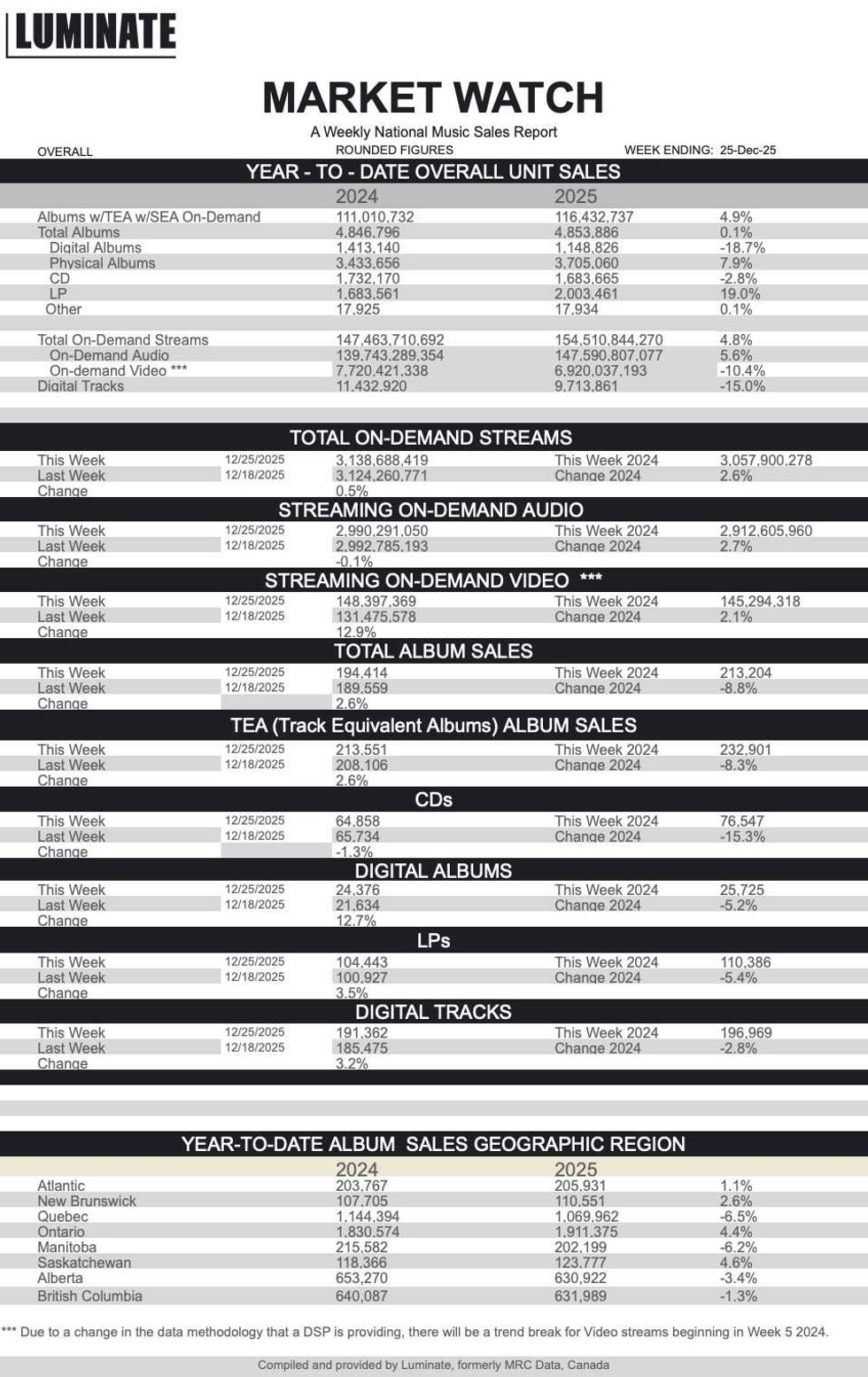
By David Farrell
It turns out there were a few stretched truths in the numbers we provided last week as per the federal budget and funds committed to Arts and Tourism. The facts spelled out were accurate, but much of the funding articulated in Budget 2022 had been committed in Budget 2021, so whether this is an intentional Pinocchio factor or just plain porkies we can’t say, but here are the facts as presented by Global Public Affairs strategic communications firm.
With arts and culture among the hardest-hit sectors during the pandemic due to venue restrictions, inconsistent programmatic support across the country among other challenges. It also has one of the longest runways to recovery. The government has committed additional funding to support the arts and culture sector albeit likely insufficient to address the real challenges of lost revenue costs to this sector. These broad thematic areas include arts training and compensation for arts organizations that suffered revenue losses due to public health restrictions and capacity limits.
Highlights include:
Supporting Canada’s Performing Arts and Heritage Sectors
$12.1 million over two years, starting in 2022-23, to the National Arts Centre to support the creation, co-production, promotion, and touring of productions with Canadian commercial and not-for-profit performing arts companies
An additional $50 million in 2022-23 to the Department of Canadian Heritage, the Canada Council for the Arts, and Telefilm Canada to compensate Canadian arts, culture, and heritage organizations for revenue losses due to public health restrictions and capacity limits
Supporting a More Inclusive Arts Training Sector
$22.5 million over five years starting in 2022-23, and $5 million ongoing to Canadian Heritage for the Canada Arts Training Fund (CATF) to continue to support the arts sector’s recovery from the COVID-19 pandemic and to address historic inequities in funding levels for Indigenous and racialized arts training organizations
advertisement
Amendments to the Copyright Act (Annex 3: Legislative Measures)
The government proposed through this budget to introduce amendments to the Copyright Act to extend the general term of copyright protection from 50 to 70 years after the life of the author as agreed under the Canada-United States-Mexico Agreement (CUSMA)
This budget through legislative measures will commit to ensuring that the Copyright Act protects all creators and copyright holders and will “work to ensure a sustainable educational publishing industry, including fair remuneration for creators and copyright holders, as well as a modern and innovative marketplace that can efficiently serve copyright users.”
Ensuring Fair Compensation for News Media in the Digital News Ecosystem
- $8.5 million over two years, starting in 2022-23, to the Canadian Radio-Television and Telecommunications Commission to establish a new legislative and regulatory regime to require digital platforms that generate revenues from the publication of news content to share a portion of their revenues with Canadian news outlets
Supporting Local and Diverse Journalism
To support diverse and local stories in news media, Budget 2022 proposes to provide $15 million in 2023-24 to Canadian Heritage as follows:
$10 million in 2023-24 for the Local Journalism Initiative to continue to support the production of local journalism for underserved communities across Canada
$5 million in 2023-24 to launch a new Changing Narratives Fund to break down systemic barriers in the media and cultural sectors and help racialized and religious minority journalists, creators, and organizations have their experiences and perspectives better represented
advertisement
$40 million over three years, starting in 2022-23, to Canadian Heritage for the Canada Periodical Fund to support the availability of journalistic content and to help these publications adapt to the continually evolving technology and media consumption habits of Canadians
The Budget adds an additional $50 million in 2022-23 to previously announced broad-based programmes that compensate Canadian arts, culture, and heritage organizations for revenue losses due to public health restrictions and capacity limits.
Unfortunately, one advocacy group notes, the Federal Budget falls short of providing direct support for Canada’s besieged live music industry. Live performing artists and venues are still reeling from two years of closures and capacity limits. As we work to resume operations and rebuild from devastating losses, many live music businesses still require support. Expectations that Canada’s live music sector will recover quickly have been dashed by the lingering pandemic.
As Canadian Live Music Association president and CEO Erin Benjamin states: “Canada’s live music artists and venues desperately need action from the Federal Government to protect and sustain our cultural infrastructure for artists, jobs and the Canadian economy. Unfortunately, we remain one of the sectors most impacted by the pandemic and we’re hopeful direct support would have been identified in the budget in recognition of the ongoing hardship faced by so many businesses and artists.”


















